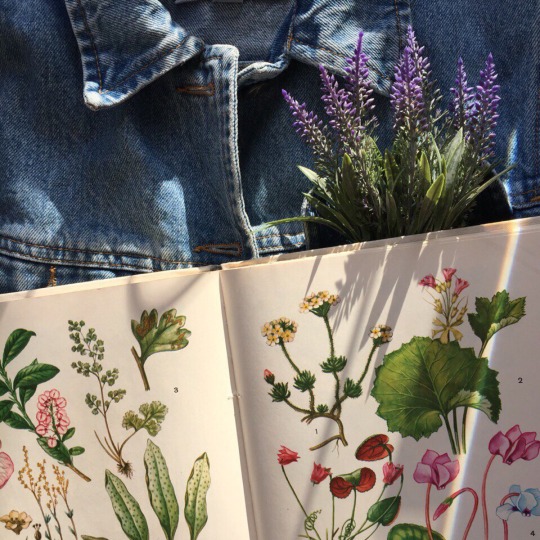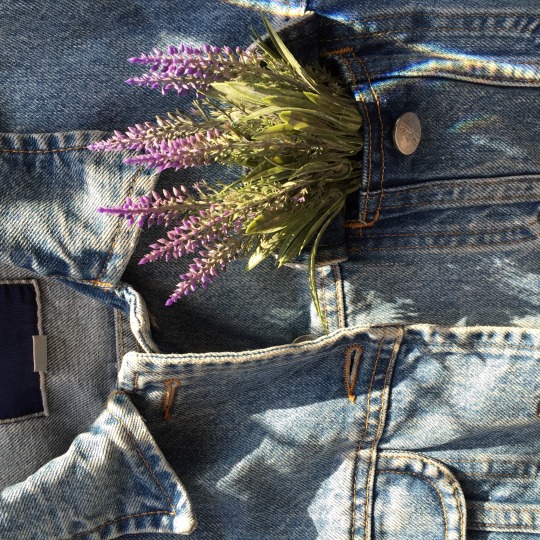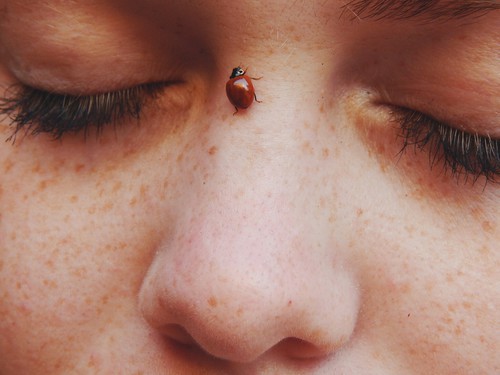Text
lord make me soft and very tender
lord make me soft and very tender
This slideshow requires JavaScript.
View On WordPress
32 notes
·
View notes
Photo






“Dreaming, dreaming, dreaming, baby, I’m dreaming” (6/25/15)
38K notes
·
View notes
Text
hey pals this is mary from wildflower-skies! i got locked out of my tumblr and that email address was deleted so i’ve had to move :/
#I'm still logged into this account on my old phone I just found out#but follow my new one because I have no way to keep access to this one#I love ou all!!!
10 notes
·
View notes
Photo

Memories of Spring Lancashire Lass …… :) :) :) Flickr
1K notes
·
View notes
Text
Stuck Between Wi-fi & A Hard Place
On the Importance of Teen Girls, Their Art, and the Men who Hate Them
by Kiki Nicole

The internet is a many splendored thing. It seems like many of us under the age of 25 have grown up with it faithfully by our sides. In a 2014 study conducted by the Pew Research Center, teens and millennials are considered to be the first generation to be ��digitally native”. That is, we are the first generation to not have to adapt to learning these new technologies that are available. We grew up with them. Google just celebrated it’s 14th birthday in January and Facebook is only 11. Web technology is becoming a big staple in making the transition to adulthood as a teen or young adult in today’s society. In an April 2015 study, 92% of teens aged 13-17 reported going online daily, and according to the Pew Research Center Study 81% of millennials aged 18-33 are active daily on Facebook.
Isolation has always been a common teenage experience, but with the internet and widespread use of social media there are new opportunities for marginalized young people to make spaces for ourselves in a world that often tells us there is no room for our voices. That our voices don’t matter, and therefore don’t exist.
It is at this point between isolation and online interaction that we find the certain pocket of Teen Girl Culture that so many of our readers inhabit. According to the Pew Research studies, teen girls (ages 13-17) and young women (ages 18-29) are the most active users of social media sites that are visually oriented and sharing platforms.. This can be seen from the start of the selfie sensation, from online magazines and platforms that focus on the art and opinions of teen girls and young women such as Rookie Mag, Bitchtopia, The Ardorous, The Pulp Zine–online communities that not only wanted to appeal to young women, but were founded by them as well.
For as many young women as there are using the internet to get by or to make art, there are as many (or more) people who love to hate them. Everyone loves mocking Teen Girl Culture. The ‘getting Frappucinos at Starbucks instagramming your dinner feminism as daily living’ culture. The culture of making a Tumblr to document your existence and create voices where there were none. The culture of creating/living loudly and without apology while young and female/femme-identified (and in some cases, while being not white or straight). These are the pitfalls of not being a cisgender male.
The trouble with patriarchy is that it destroys everything. Literally. If a girl feels comfortable enough to make a selfie art series as an homage to Renaissance portraits or a zine of confessional poetry about her life or basically, if a girl decides to share any of herself with the Internet, the patriarchy will step in to ensure some kind of chastising and torment. Our society teaches us and reinforces the idea that women are prey. If they make art, if they self publish/distribute their creations, it’s bait. This is something the world can use against you. It looks like invalidation, like this art isn’t “real” art, like your voice is too whiny/too annoying/not important. It looks like trolling, like being called a “disgusting, fat feminist” on Twitter after your hit poetry video has gone viral. It looks like harassment, like men dismissing your experiences and combatting them with more violence. This is nothing new. Sylvia Plath being called too self-indulgent, Frida Kahlo too ugly to be considered art, Emily Dickinson, Francesca Woodman, The Brontë Sisters, Phyllis Wheatley, Murasaki Shikibu (who wrote what was considered to be the first novel). There is a history of devaluing and dismissing the work of young women that goes far past the social media age. It’s structural. It’s institutional. It’s expected.

Let’s talk more about teenage girls. Let the conversation begin here. Let’s talk about how important they actually are, how young women are constantly pushing to create a space for themselves where there weren’t any to begin with, how much we should always be cultivating and supporting these voices instead of quieting them.
Where Are You Press was founded in Portland, Oregon in 2013. Our founder, Clementine von Radics, writes: “As is often pointed out, when a white man writes of his own life, he is describing the human condition, when anyone else does it, it is “genre-work” or seen as indulgent. We are seeking to change that.” We focus on the voices of young women because it’s necessary; we have been silenced for far too long.
2K notes
·
View notes
Quote
One of the most popular ways people like to hate teenage girls is to complain about their “insane” crushes on boy band members. Now, let me fucking tell you something: those big dumb crushes are what helps a teenage girl develop her sexuality in a safe environment that she can control. In her world, she can listen to One Direction and hear all these songs about how great she is, and how much these cute non-threatening boys want to make her feel special. Why is this so important? Because no one is pushing them. There’s no fourteen year old boy shoving his clammy hands down your shirt without your consent. These fantasy boys are not convincing a girl to send naked pictures, only to show all their friends and call her a slut. In the fantasy land of boy bands, the girl has all the power. And we need to stop judging them for wanting to escape into that.
A passage from ‘Why I Fucking Love Teenage Girls (A Personal Essay From An Almost Adult)’ (via kissngluke)
65K notes
·
View notes
Photo

Lovely, Wonderful, Loony Luna Lovegood Appreciation Post
In any other medium, Luna would’ve been a Manic Pixie Dream Girl. However. JKR deftly avoids this one-dimensional idealization and hands the readers one of the most fascinating characters in the HP ‘verse.
http://www.mugglenet.com/2015/05/lovely-wonderful-loony-luna-lovegood-appreciation-post/
237 notes
·
View notes
Quote
For women, then, poetry is not a luxury. It is a vital necessity of our existence. It forms the quality of the light within which we predicate our hopes and dreams toward survival and change, first made into language, then into idea, then into more tangible action. Poetry is the way we help give name to the nameless so it can be thought. The farthest horizons of our hopes and fears are cobbled by our poems, carved from the rock experiences of our daily lives.
Audre Lorde, ‘Poetry Is Not a Luxury’, Sister Outsider, 1984. (via uggoh)
2K notes
·
View notes
Photo

some of the glittery pins that i sell on my etsy / pictured are jane austen, edgar allan poe, sylvia plath and virginia woolf!
18K notes
·
View notes
Text
U ever think about someone and it turns ur insides into ur outsides ur so fragile and soft for them
166K notes
·
View notes
Photo

“Nothing is worth more than laughter. It is strength to laugh and to abandon oneself, to be light. Tragedy is the most ridiculous thing.” Frida Kahlo (and Chavela Vargas)
154K notes
·
View notes











